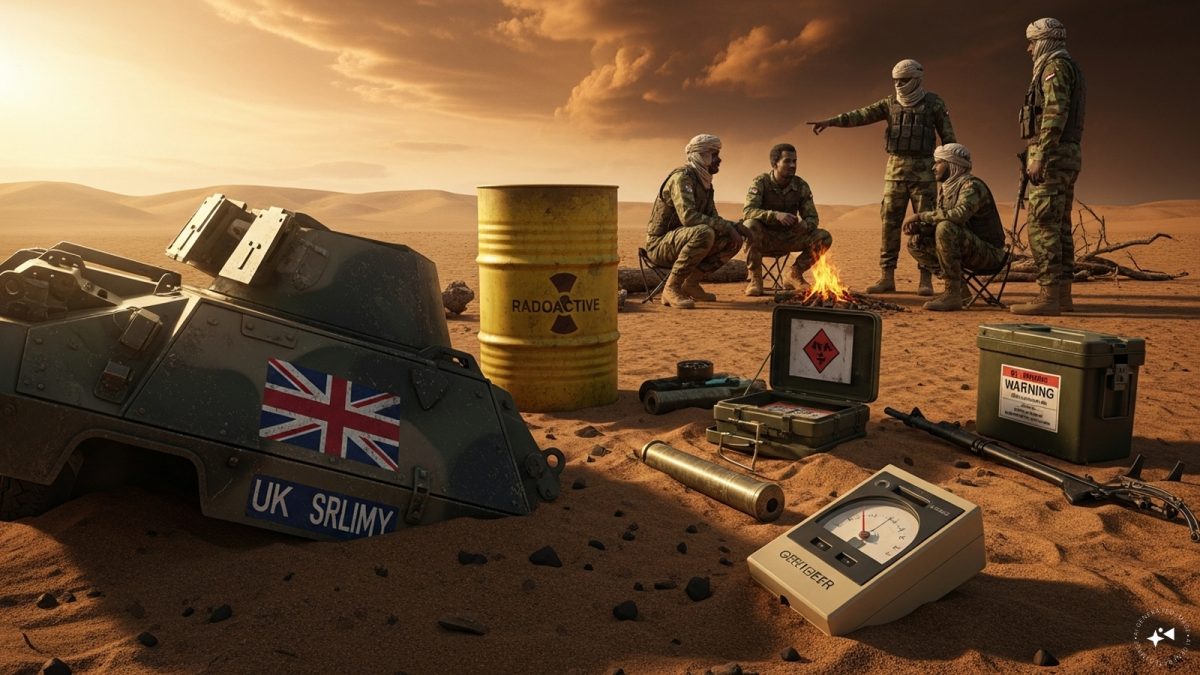Concerns are growing over British military equipment and nuclear-related materials appearing in unauthorized locations, raising serious questions about arms export controls and regional conflicts. Recent reports have uncovered links between UK-made equipment and paramilitary groups involved in conflicts and alleged atrocities, prompting international scrutiny.
British military gear found with Sudan’s RSF
Investigations have revealed that military equipment from the UK, including components from the Centronic group based in Britain, is in the hands of Sudan’s Rapid Support Forces (RSF). The RSF is a paramilitary group accused of committing acts of genocide in Sudan’s conflict zones. The presence of British military hardware among the RSF raises troubling questions about the UK’s arms export regulations, especially concerning the weapons’ end users.
UAE’s role in weapons supply to paramilitaries
Further complicating the issue, the United Arab Emirates (UAE) has been accused of supplying weapons to the RSF, fueling the conflict. The UAE, a key recipient of British arms exports, has reportedly transferred these weapons either directly or indirectly to militias engaged in Sudan’s civil war. This has drawn criticism from human rights organizations and governments concerned about regional stability and violations of international law.
Tehran group’s use of UK-linked equipment
A Tehran-based organization with military connections has also been noted for employing instruments that incorporate British technology supplied by Centronic. This has raised alarms about the potential diversion of sensitive military technology to areas and groups for which the UK never intended them. The misuse of such equipment adds to the global complexities of arms proliferation and enforcement of export controls.
Challenges in controlling arms exports
The discoveries highlight the difficulties nations face in ensuring that military equipment exported for legitimate defense purposes does not end up in conflict zones or with non-state actors accused of war crimes. Monitoring the transfer and use of these arms becomes increasingly arduous due to opaque supply chains, illicit transfers, and third-party brokers.
Quick Reads
View AllCalls for stricter oversight and accountability
Experts and international watchdogs urge the UK and other arms-exporting nations to tighten export controls, improve end-use monitoring, and hold export recipients accountable to prevent the misuse of military hardware. The ongoing situations in Sudan and other regions underscore the urgent need for more robust frameworks to manage the global circulation of weapons and related materials.
)